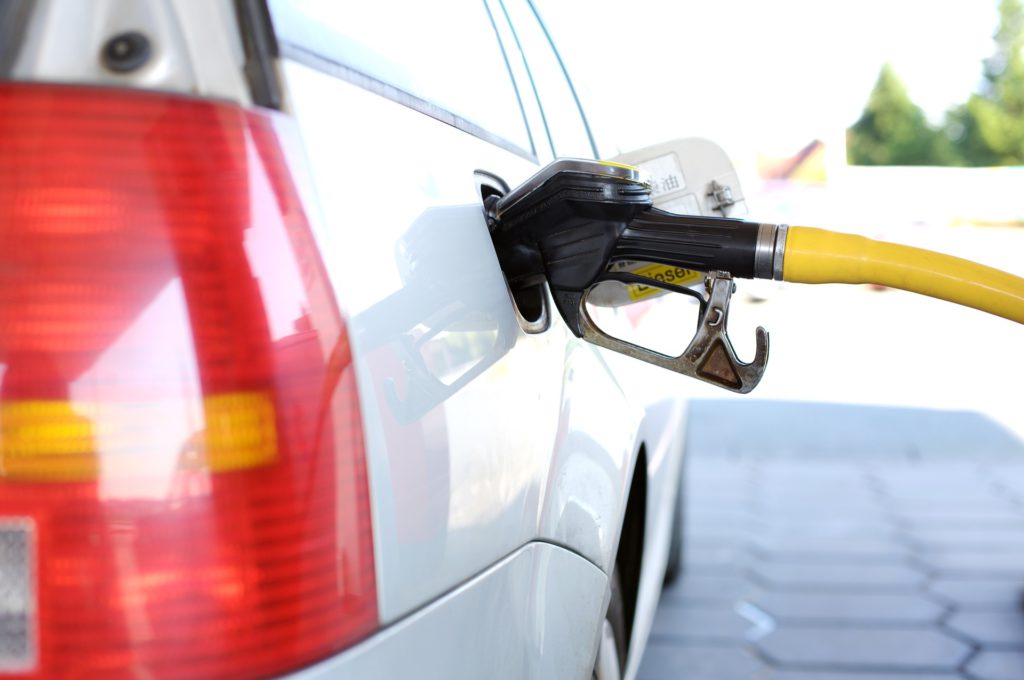Press demonisation to blame for poor UK diesel performance
14 June 2019

14 June 2019
The demonisation of diesel fuel in the press is the cause of its collapse in UK registration figures according to the results of the latest Autovista Group survey.
Diesel sales in the UK have fallen rapidly in the last two years. The fuel type once dominated but it recorded a market share of just 31.7% in 2018. This has seen petrol take over as the dominant fuel type, as alternative fuels are not yet at a level to pick up the deficit.
Over half (55%) of respondents in the latest poll feel that the reason for the fall in sales is down to continued demonisation of the fuel and vehicles powered by it in the media. Press outlets often point to how dirty the fuel is, and the problems that it creates, particularly with health concerns.
Press pressure
Newer diesel models deal with nitrogen oxide (NOx) emissions by including a diesel particulate filter (DPF), which means they are often much cleaner than older counterparts. They also emit less CO2 than petrol vehicles and the demise of diesel is why CO2 levels in the UK have risen by around 2.9% in the last two years.
Yet the dieselgate scandal has given mainstream media plenty of stories about how polluting diesel vehicles are. Since then, there have been countless articles on how much more pollution is created by older diesel vehicles, with pieces concentrating on health concerns and various other issues. Many of these do not take into account how much cleaner newer diesel engines are and therefore paint the fuel in a negative light, putting drivers off buying vehicles fuelled by diesel.
Just under a quarter (23%) feel that government pressure, especially through the banning of petrol and diesel vehicles in 2040, is hurting diesel sales. With the UK looking to clean up air pollution, it has issued the decree that will see just battery electric vehicles (BEVs), and possibly some plug-in hybrid electric vehicles (PHEVs) become the only technologies sold by dealers in the country. This sends the signal that there is no support for diesel, in fact, the banning of it, and petrol, suggests government considers the fuel to be polluting and therefore not worth investing in.
More electric
There was quite a gap to third place, with 8% of voters suggesting that the increasing availability of electric vehicles is the reason for diesel’s collapse. One area where EVs can take away from diesel is in the city. Many drivers bought these cars for potential long journeys but often did very few daily miles. In newer models, this causes the DPF to block easily as it needs to regenerate through heat caused by a long run. Switching to EVs for city travel means reduced fuel costs but also less costly repair bills in the future.
There has also recently been a rise in the number of EVs available with a vastly improved mileage range. Once, it was likely that a car could only do around 80 miles on a full charge. Today, that figure is upward of 200 miles. Audi’s e-tron, the Mercedes-Benz EQC and the second-generation Nissan Leaf are just some examples, and all offer similar creature comforts to comparable petrol and diesel models.
Tax and environment
A total of 5% felt that vehicle excise duty increases were to blame for diesel’s collapse. With the used diesel market remaining more or less stable, it does suggest that drivers want the benefits of the technology without paying the higher taxation introduced in 2017 – ironically, the point when diesel sales started to fall.
Just 3% felt that rising prices at the pumps were to blame, while 6% selected the ′other’ category. Comments included penalties for companies buying non-RDE2 compliant vehicles to drivers being more aware of environmental issues. Others felt that the fall in sales was deserved as diesel is not as clean today as it is made out to be.